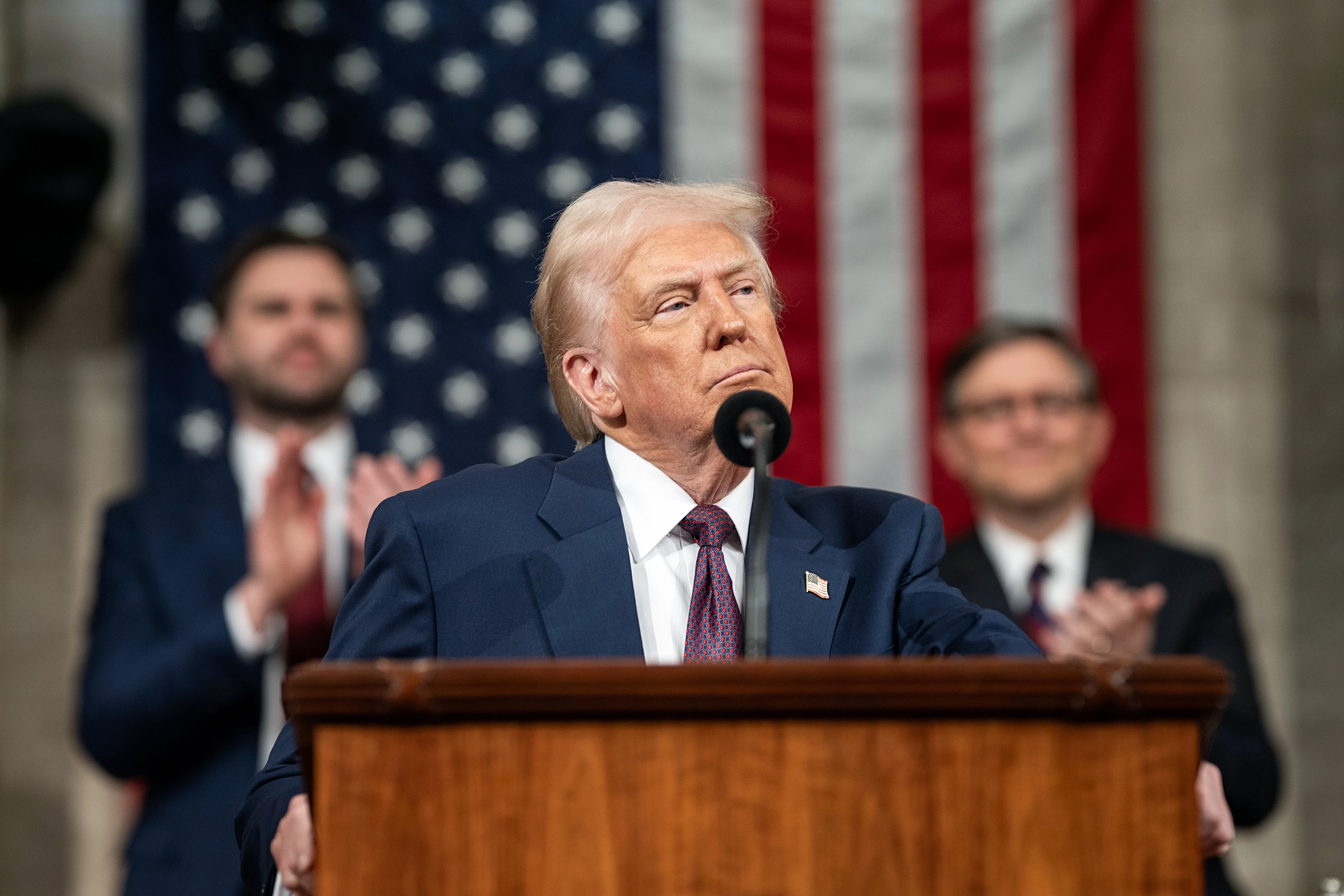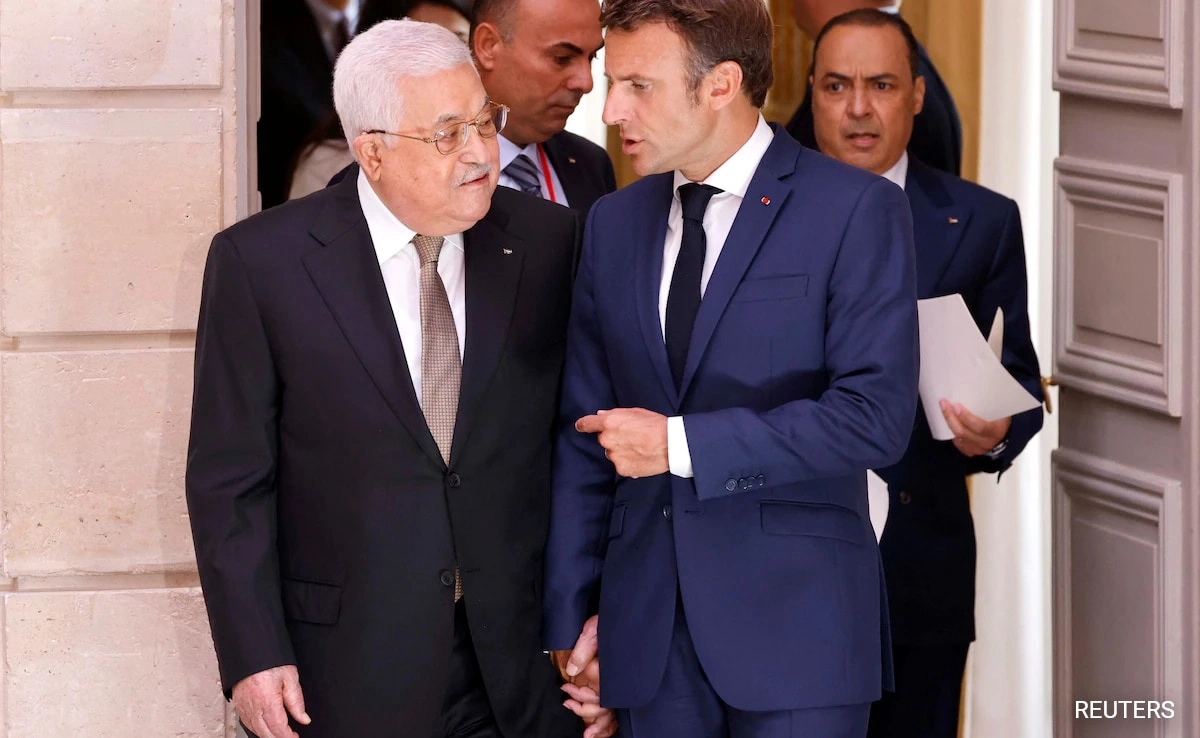According to diplomatic sources, Washington has advised European Union officials to prepare for the possibility of additional tariffs before any formal negotiations begin. This development reflects a strategic stance by the U.S. that emphasizes a tough approach in trade relations. The message from the Biden administration signals that the U.S. is not inclined to enter talks with the EU without first establishing a clear understanding of the potential economic repercussions. This strategy may be aimed at reinforcing the U.S. position in negotiations and ensuring that European partners recognize the seriousness of American trade objectives.
The implications of this directive are significant, as it suggests that the U.S. is willing to leverage tariffs as a tool to exert pressure on the EU. This approach could lead to heightened tensions between the two economic powerhouses, particularly in sectors where tariffs could disrupt trade flows and impact businesses on both sides of the Atlantic. European officials are now faced with the challenge of balancing their response to these potential tariffs while also seeking to engage in constructive dialogue with the U.S. to address broader trade issues.
Moreover, this situation raises questions about the future of transatlantic trade relations. With the global economy still recovering from the impacts of the COVID-19 pandemic, any escalation in tariffs could have far-reaching consequences not just for the U.S. and EU, but for global markets as well. The EU may need to devise strategies to counteract the effects of increased tariffs, including seeking alternative trade partnerships or enhancing internal market resilience. As both sides navigate these complexities, the diplomatic landscape will likely be shaped by the ongoing negotiations and the broader geopolitical context.




